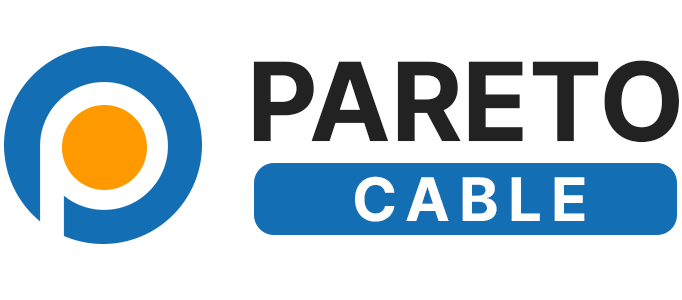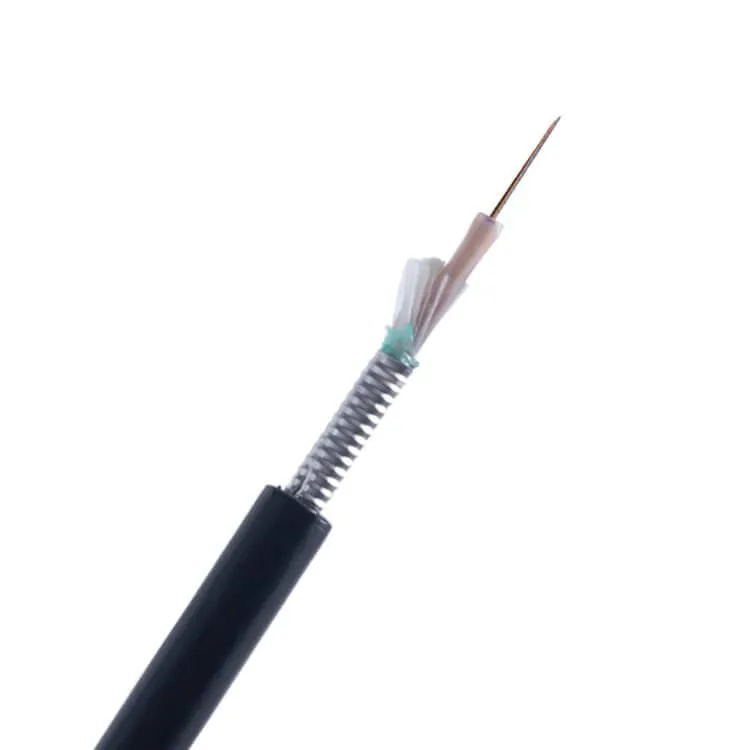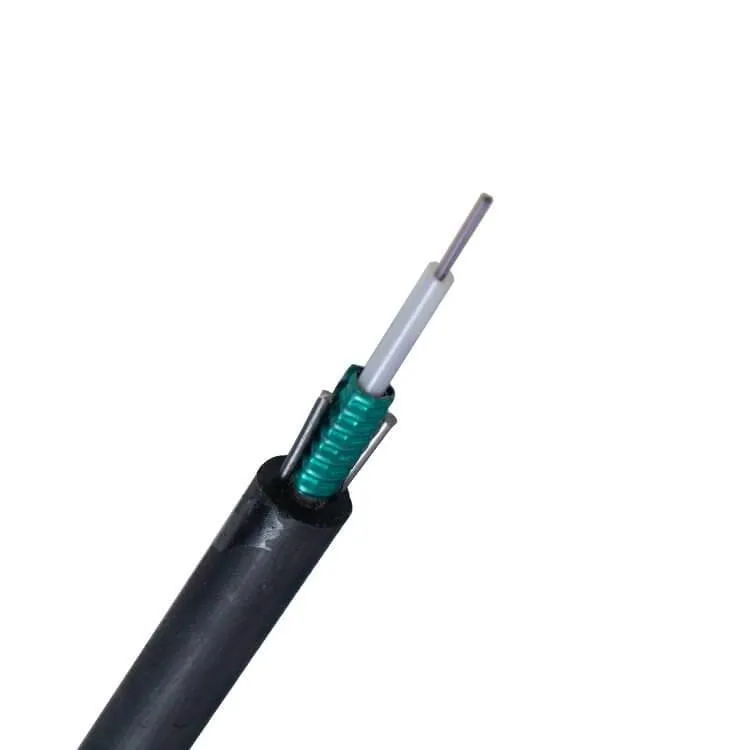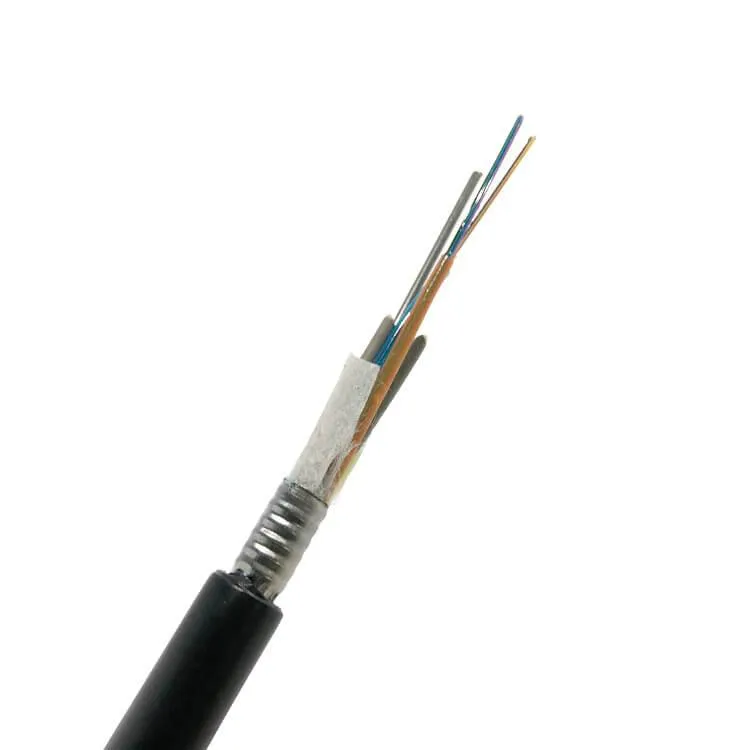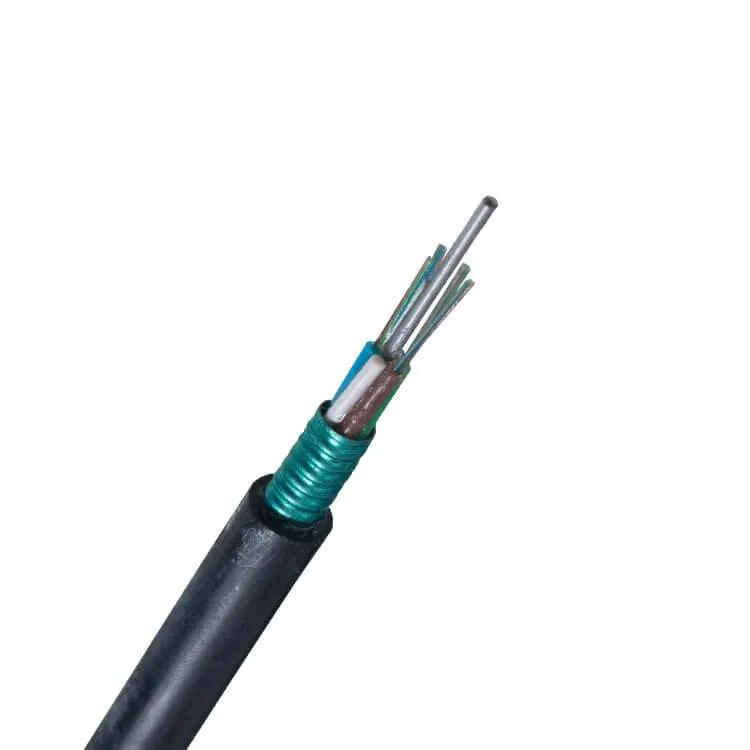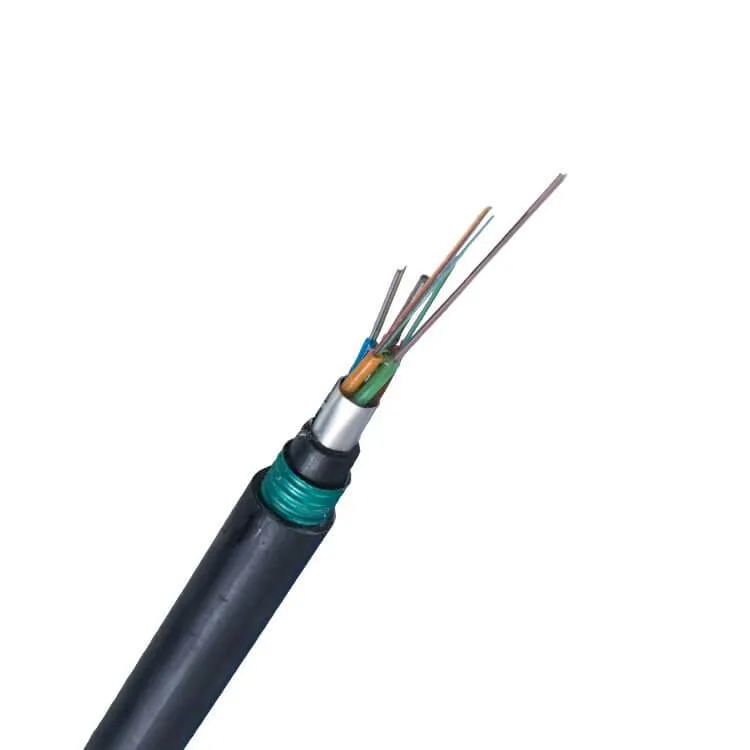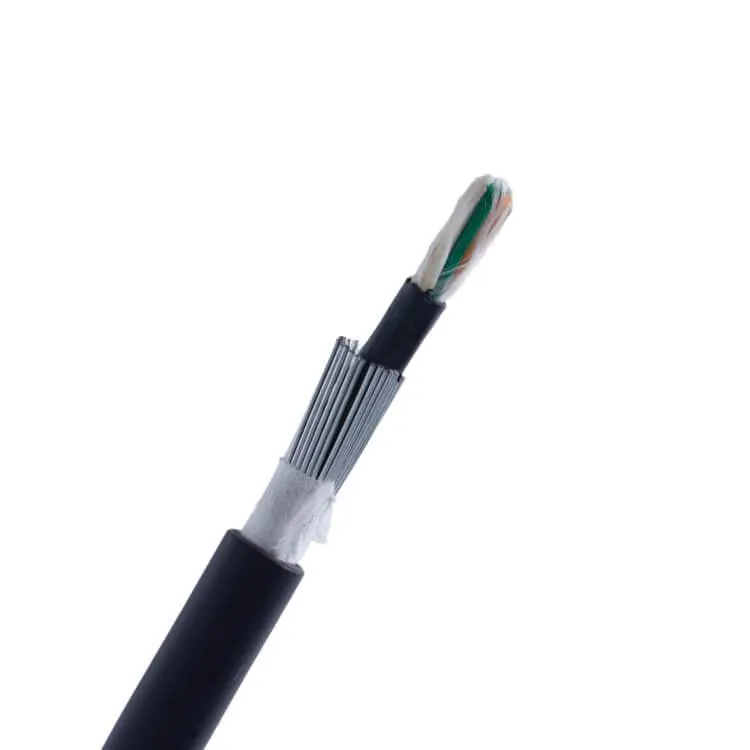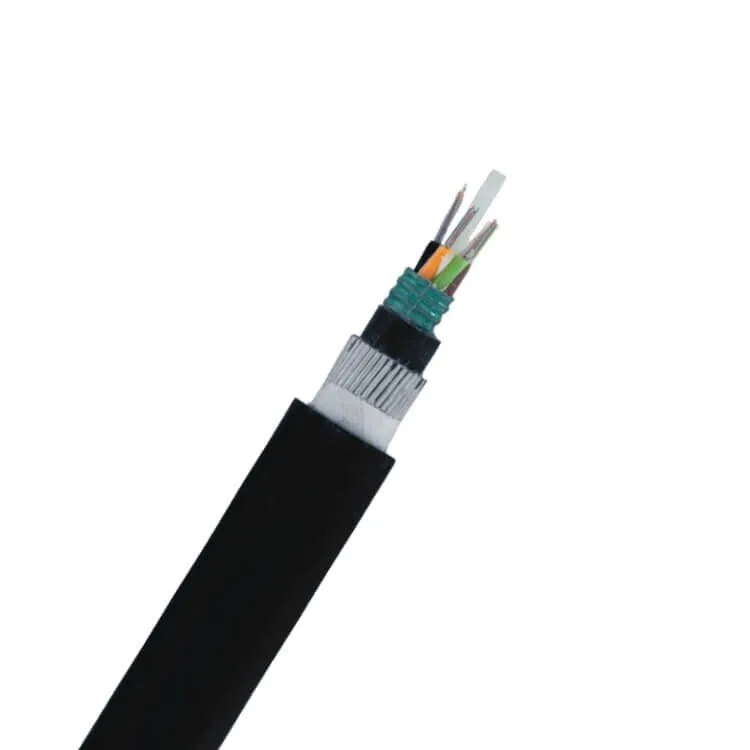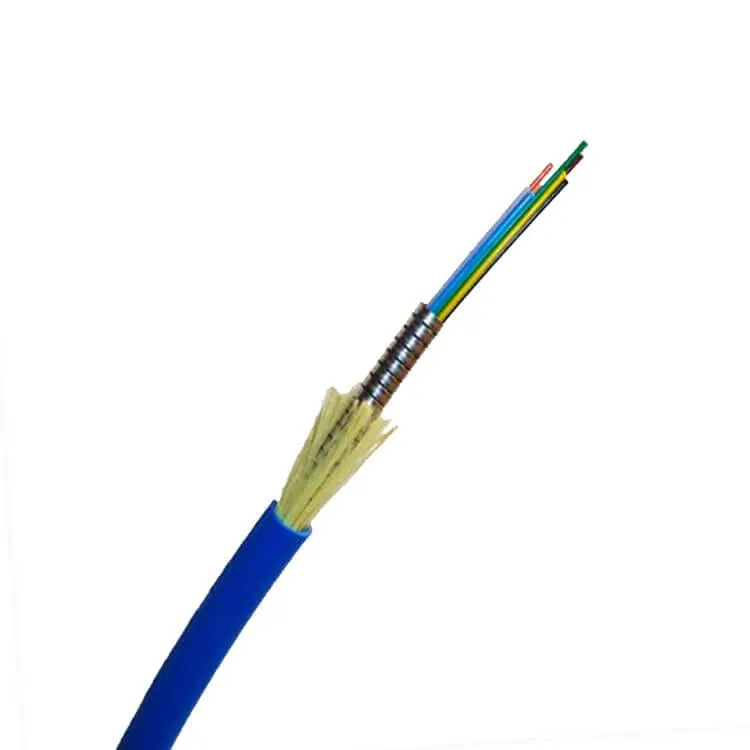
China Armored Fiber Optic Cable Manufacturer
We’re Armored Fiber Optic Cable Manufacturer located in China. Specializing in the design, production, and export of superior-quality armored fiber optic cables. Our cables are engineered to withstand harsh conditions, ensuring reliable data transmission for telecommunications, industrial, and utility applications.
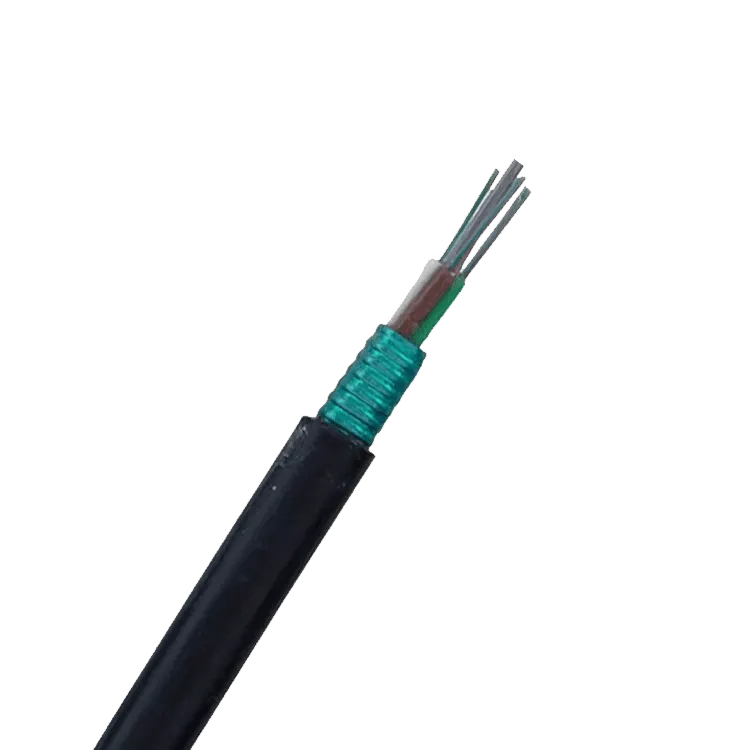
Our Armored Fiber Optic Cables
We specialize in manufacturing high-quality armored fiber optic cables tailored to your exact specifications. Need custom cables? We can create them for you. Get a quote today for your armored fiber optic cable project. Enjoy fast and convenient delivery right to your doorstep, whether by express or sea shipping.
Custom Armored Fiber Optic Cable
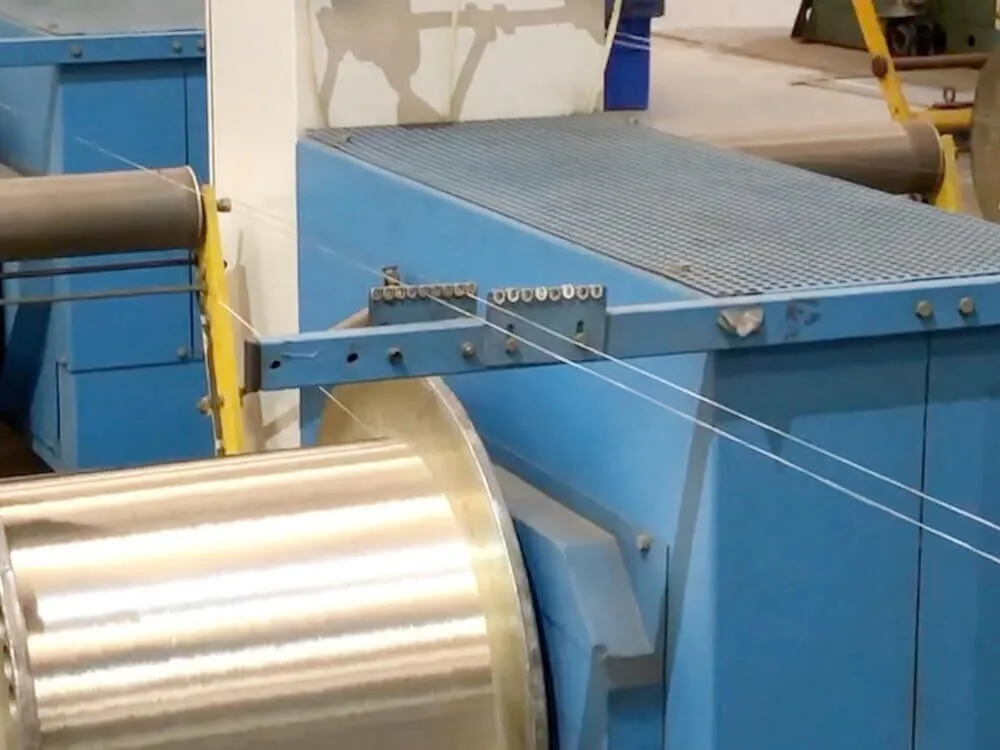
We specialize in designing and manufacturing custom armored fiber optic cables engineered to withstand the harshest environments. Our cables are built with robust armoring to shield against physical damage, electromagnetic interference, and environmental factors.
Whether you need cables for industrial applications, outdoor installations, or high-security networks, we offer a wide range of customization options to meet your specific requirements.
Armored Fiber Optic Cable Specifications
| Specifications | 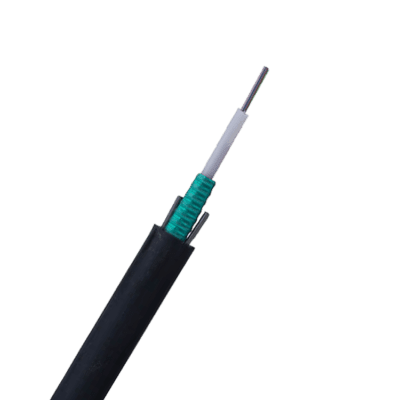 | 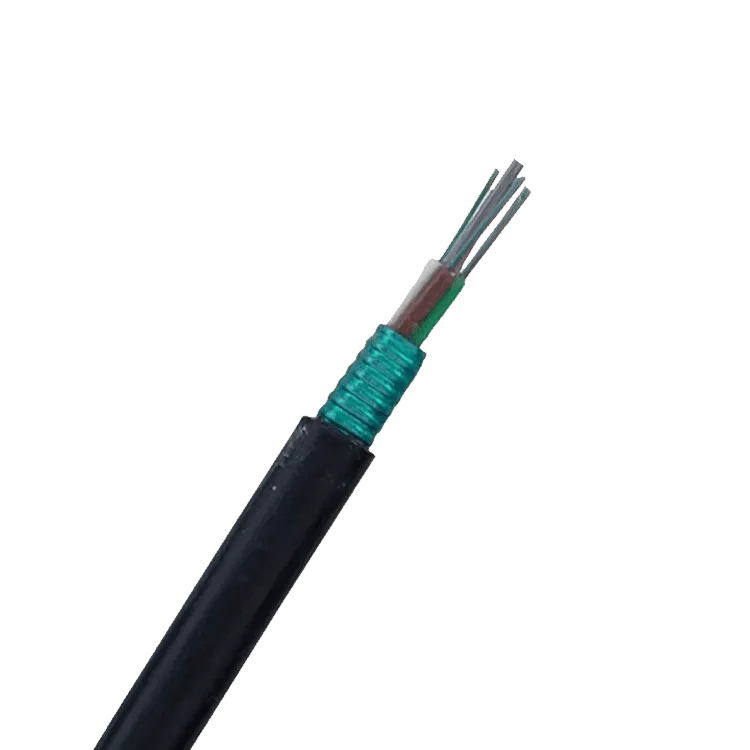 | 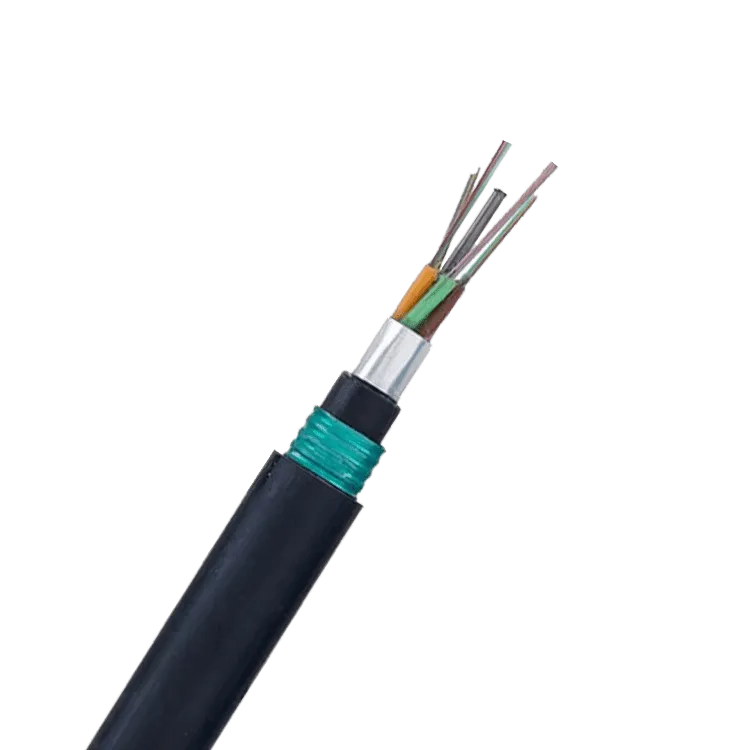 | 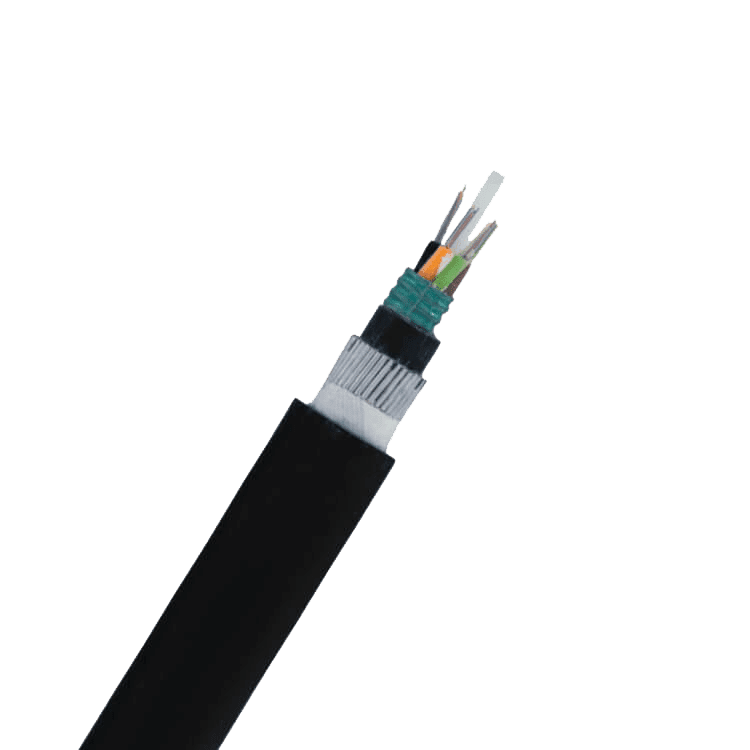 |
|---|---|---|---|---|
| Armoring Materials | Corrugated Steel Tape2 Parallel Steel Wire | Corrugated Steel Tape Central Steel Wire | Corrugated Steel Tape Aluminum Tape Central Steel Wire | Steel Wire Armoring Corrugated Steel Tape FRP Central Strength Member |
| Fiber Count | 2 ~ 24 Fiber | 2 ~ 288 Fiber | 2 ~ 216 Fiber | 2 ~ 36 Fiber |
| Cable Structure | Central Uni-Tube | Stranded Loose Tube | Stranded Loose Tube | Stranded Loose Tube |
| Cable Weight (Ref) | 82 ~ 147 kg/km | 96 ~ 283 kg/km | 177 ~ 312 kg/km | 801 ~ 984 kg/km |
| Tensile Strength Long / Short Term (kg/km) | 600/1500 N ~ 1000/3000 N | 600/1500 N | 1000/3000 N | 4000/10000 N ~ 10000/20000 N |
| Crush Resistance Long / Short Term (N/100m) | 300/1000 N | 300/1000 N | 1000/3000 N | 3000/5000 N |
| Bending Radius Static / Dynamic (mm) | 10D/20D | 10D/20D | 12.5D/25D | 12.5D/25 |
| Applications for Armored Fiber Optic Cables | 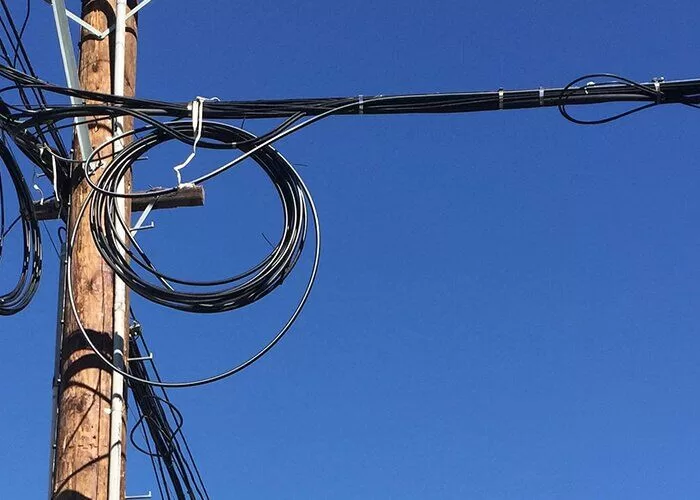 | 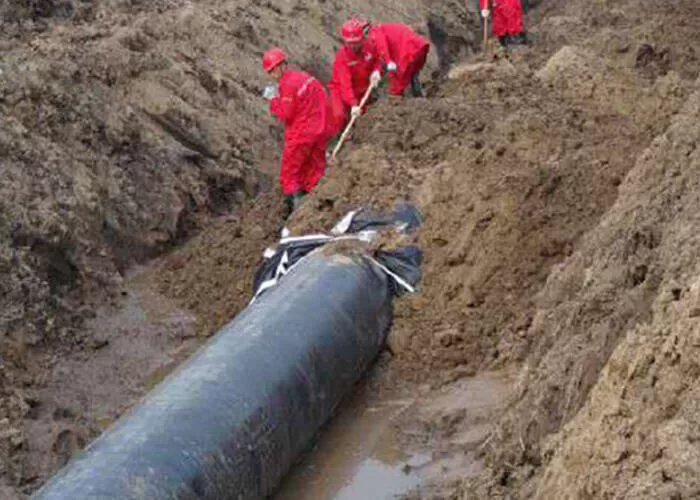 | 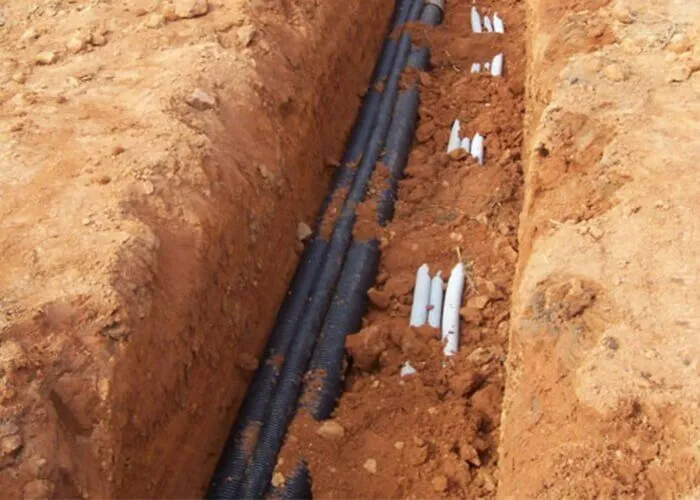 |  |
Armored Fiber Optic Cable: A Comprehensive Guide
1. What is Armored Fiber Optic Cable?
Armored fiber optic cable is a type of fiber optic cable that incorporates an additional protective layer made of metal or plastic. This armoring significantly enhances the cable’s resistance to external forces, making it suitable for harsh environments and applications where physical protection is paramount. Unlike standard fiber optic cables, armored cables are designed to withstand crushing, bending, and impact, as well as environmental factors like moisture and extreme temperatures.
2. How Can Armored Fiber Optic Cable Have Great Performance?
Armored fiber optic cables deliver exceptional performance due to the following factors:
- Robust Protection: The metal or plastic armoring acts as a shield, safeguarding the delicate glass fibers within from physical damage, rodents, and harsh weather conditions.
- Durability: The added protection ensures the cable’s longevity, reducing the risk of downtime and maintenance costs.
- Reliable Signal Transmission: By preserving the integrity of the fiber core, armored cables maintain high-quality signal transmission even in challenging environments.
- Flexibility: Despite the added armor, many armored cables are designed to be flexible, allowing for easier installation and routing.
3. What are the Applications of Armored Fiber Optic Cable?
Armored fiber optic cables find applications in a wide range of industries and environments:
- Outdoor installations: Telecommunications networks, electric power grids, and oil and gas pipelines.
- Industrial settings: Manufacturing facilities, mining operations, and transportation infrastructure.
- Urban environments: Subway systems, street lighting, and surveillance networks.
- Military and defense: Secure communication channels, battlefield applications.
4. What are the Advantages of Armored Fiber Optic Cable?
Armored fiber optic cable offers several key advantages:
- Enhanced durability and longevity
- Improved resistance to physical damage
- Protection against environmental factors
- Reliable signal transmission
- Reduced maintenance costs
- Versatility for various applications
5. What are the Types of Armored Fiber Optic Cable?
There are several types of armored fiber optic cables, each designed for specific applications:
- Steel wire armored cable: Offers maximum protection against physical damage but is heavier and less flexible.
- Aluminum tape armored cable: Provides good balance of protection and flexibility.
- Hybrid armored cable: Combines steel wires and aluminum tape for enhanced protection.
- Plastic armored cable: Offers lighter weight and flexibility but may have lower impact resistance.
6. What are the Materials for Armored Fiber Optic Cable?
Armored fiber optic cables typically consist of the following materials:
- Fiber core: Glass or plastic fibers for transmitting light signals.
- Cladding: Surrounds the fiber core to ensure light confinement.
- Buffer coating: Protects the fiber from moisture and mechanical stress.
- Strength member: Provides tensile strength to the cable.
- Armor: Metal (steel or aluminum) or plastic layer for protection.
- Outer jacket: Protects the cable from environmental factors.
By understanding the characteristics and benefits of armored fiber optic cable, you can make informed decisions for your specific application and ensure optimal network performance.
